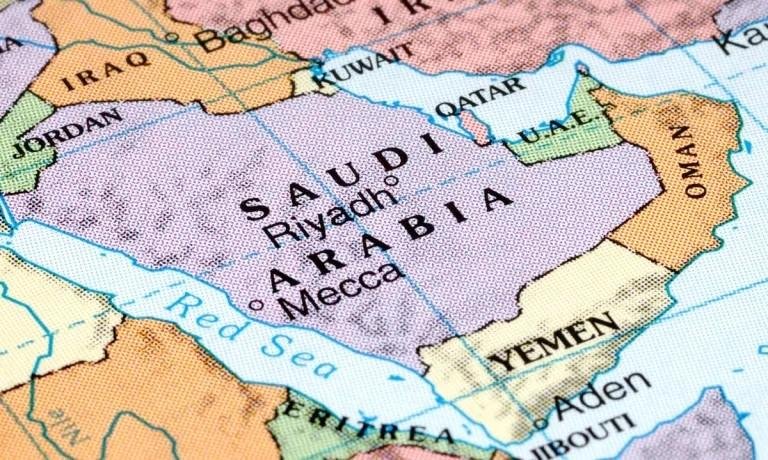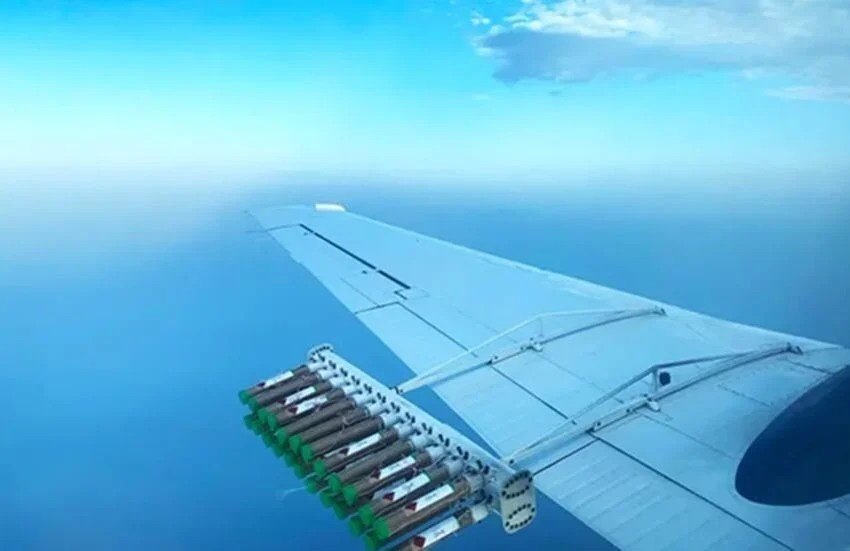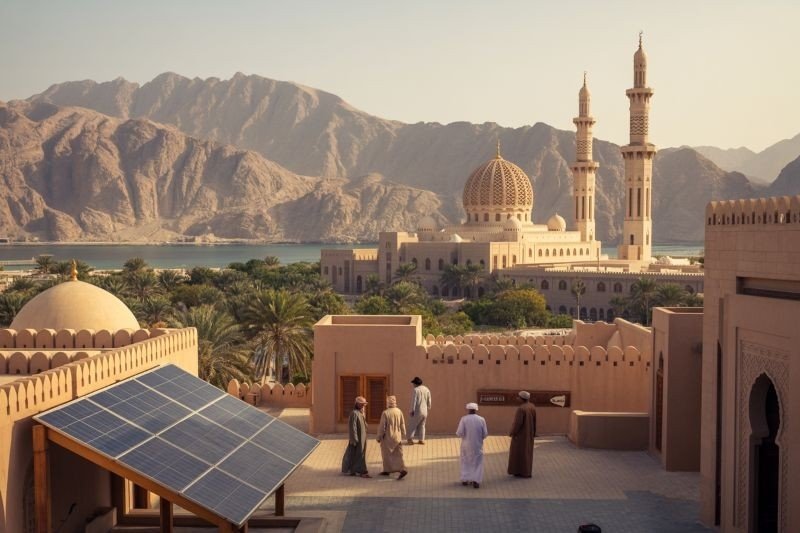Saudi Arabia and the United Arab Emirates are locked in a fierce race to become the Middle East’s leading artificial intelligence (AI) hub, investing billions in technology partnerships, data centers, and AI-driven economic transformation as they seek to diversify away from oil dependency.
Saudi Arabia’s Vision 2030 prioritizes AI, with 70% of its strategic goals tied to data and AI initiatives. The kingdom has launched several massive projects this year, including Humain—a state-backed AI firm planning a $10 billion venture capital fund—and major investments with global tech giants: Google Cloud and Saudi Public Investment Fund (PIF) are jointly investing $10 billion in an AI hub, AWS and Humain announced a $5 billion “AI Zone” development, and Oracle pledged $14 billion over a decade for cloud and AI infrastructure. Additionally, Equinix is building a $1 billion data center to meet surging cloud and AI demand.
The UAE counters with its own ambitious AI ventures. It created MGX, an AI-focused investment firm backed by Mubadala and G42, aiming to invest $100 billion in AI infrastructure and technologies. UAE also hosts Stargate, a joint AI data center project involving OpenAI, Oracle, Nvidia, and SoftBank, set to build a 1-gigawatt data cluster by 2026. Abu Dhabi is investing $3.54 billion to automate government processes through its Digital Strategy 2025-2027.
This rivalry unfolds amid U.S.-China competition for AI leadership, with former U.S. President Trump advocating for Gulf states’ dependence on American technology and lifting chip restrictions to foster closer ties.
Data center capacity is a crucial battleground. Saudi Arabia currently leads with over 300 megawatts operational and 2,200 megawatts planned, compared to the UAE’s 250 megawatts existing and 500 megawatts upcoming capacity. According to the International Institute of Strategic Studies (IISS), AI preparedness in the Middle East ranks Israel first, followed by the UAE and Saudi Arabia.
Despite abundant sovereign wealth and cheap energy fueling infrastructure growth, both nations face challenges including a shortage of skilled AI talent and the absence of frontier AI models comparable to OpenAI’s GPT-4 or China’s DeepSeek. Building a robust innovation ecosystem will take time.
The AI race is shifting beyond Silicon Valley and Shenzhen—Riyadh and Abu Dhabi have emerged as pivotal new frontiers shaping the future of global AI.
















Great write-up, I¦m regular visitor of one¦s web site, maintain up the nice operate, and It’s going to be a regular visitor for a long time.
I love it when people come together and share opinions, great blog, keep it up.